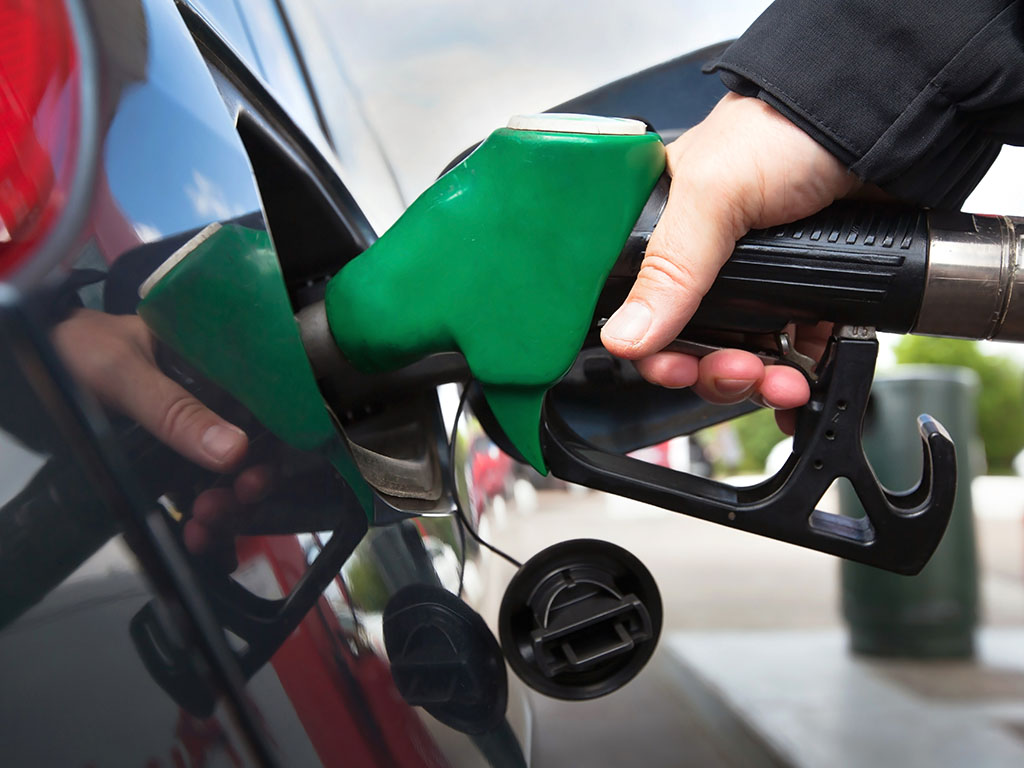Petrol stations under inspection – Results of fuel quality and origin control increasingly better
(Photo: Ditty_about_summer/shutterstock.com)

The control shows that the fuel in gas stations mostly comes from legal sources. Starting this year, the government has limited the import of basal oil as well, reducing the amounts being traded illegally.
Slavisa Petkovic of the Sector for Market Inspection says that the import of basal oil was huge in 2016, and that it can very easily be disguised and sold as engine fuel.
– For this reason, we've initiated control procedures. The information we're getting from the field is that agriculturists and transporters who used to get fuel through alternative sources have returned to gas stations – Petkovic says.
Nevertheless, excessive import of basal oil is still present and illegal sale of basal oil must be stopped completely. The project which is to be initiated in June by the National Petroleum Committee, together with ministries of energy and finance, financed by the Czech government, should help put a stop to illegal sale.
– We have identified the Czech Republic as a country which had similar experience in the past and which managed to counter the problems through certain mechanism that we intend to identify and implement through this project, making for a clear record of when and why basal oil is imported, with which intention and where it will be unloaded, that is, who the end user is. If the purpose is not production and processing, you are banned from importing it the next time – says Goran Radosavljevic of the Serbian National Petroleum Committee.
Since February 2017, the fuel in vehicle tanks has been checked as well, thereby completing the chain of petroleum product control through the so-called marking.
Slavisa Petkovic says that 200 samples were taken in the first three months, nine of which failed to meet the requirements.
The control is increasingly more strict in the EU. If a product is determined to have come from the illegal market or not of prescribed quality, the petrol station owners have their license revoked for up to five years.
Companies:
 Poreska uprava Srbije
Poreska uprava Srbije
 Ministarstvo rudarstva i energetike Republike Srbije
Ministarstvo rudarstva i energetike Republike Srbije
 Ministarstvo finansija Republike Srbije
Ministarstvo finansija Republike Srbije
Tags:
fuel control
petroleum product control
petrol station control
import of fuel
basal oil
Slavisa Petkovic
National Petroleum Committee
Goran Radosavljevic
Comments
Your comment
Most Important News
Full information is available only to commercial users-subscribers and it is necessary to log in.
Follow the news, tenders, grants, legal regulations and reports on our portal.
Registracija na eKapiji vam omogućava pristup potpunim informacijama i dnevnom biltenu
Naš dnevni ekonomski bilten će stizati na vašu mejl adresu krajem svakog radnog dana. Bilteni su personalizovani prema interesovanjima svakog korisnika zasebno,
uz konsultacije sa našim ekspertima.


 Izdanje Srbija
Izdanje Srbija Serbische Ausgabe
Serbische Ausgabe Izdanje BiH
Izdanje BiH Izdanje Crna Gora
Izdanje Crna Gora


 News
News







